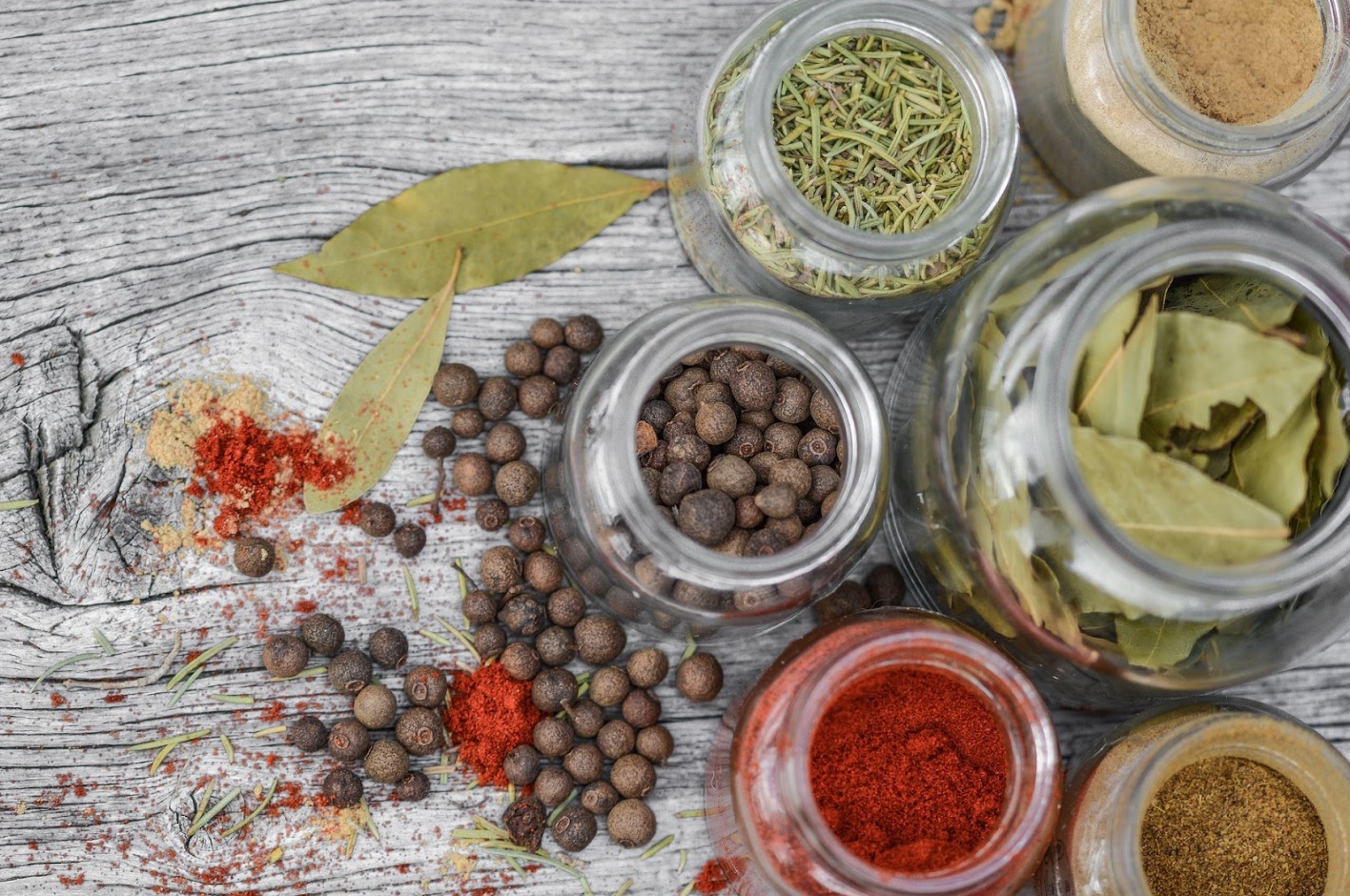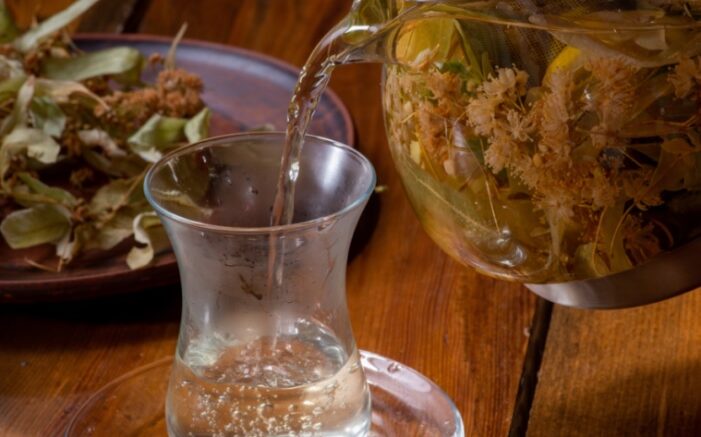In the US, the National Institutes of Health recognizes the usefulness of traditional Chinese medicine. The NIH has reported that TCM can be effective when used as an alternative and complementary medicine.
The world’s TCM market was worth over $20 billion in 2021 and is expanding rapidly. By 2027, the traditional Chinese medicine market is expected to be worth around $31 billion.
However, TCM covers many areas, and one aspect that is very popular today is herbal medicines for health benefits. There are millions of people using herbal medicine in their daily lives as supplements. But, are they worth taking, and what benefits might you get from Chinese herbal medicine?
When did traditional Chinese medicine begin?
Many ancient civilizations such as the Greeks and then the Romans had forms of medicine, some more effective than others. But, the Chinese began some of the original medical practices. They used and developed a variety of ways to relieve pain and cure certain ailments.
As far as herbal remedies are concerned, there is evidence in scripts from 300 BC. The Huangdi Neijing is the oldest known record of Chinese medicine. And, likely, the use of medicine in China dates back thousands of years to the Zhou Dynasty or before.
What does traditional Chinese medicine encompass?
While the Romans took ideas from the Ancient Greeks and developed strange ideas for medical use themselves, China looked to nature for medicinal remedies. The Ancient Romans used dreams to diagnose problems and mixed strange elixirs. But, in Ancient China, they were more interested in active ingredients in plants, and how energy flows through the body.
Qi is the life force of the body and different points are connected by pathways or meridians. These points are what is used in acupuncture; which is just one facet of TCM.
Apart from acupuncture, there are several other parts to TCM including:
- Massage
- Meditation
- Exercise
- Diet
- Cupping
- Herbs and plant extracts
Acupuncture is used as an alternative pain treatment, and a skilled acupuncturist can help you to release endorphins which relieve aches and pains. Cupping can also be used to ease pain, helps with inflammation, and as a complementary aid to massage.
What health benefits may be had from Chinese herbal medicine?
The FDA hasn’t approved herbal medicines in general. Therefore, manufacturers have to be careful about what health claims they make. No specific ailment is allowed to be referred to, and no claims about treating or curing can be mentioned.
Saying this, Chinese medicine has been using herbs for centuries, and millions of people extol the virtues of herbal supplements. Several studies have shown positive results from certain herbal medicines, and many drugs on the market today are derived from active ingredients in tree bark, plants, and herbs.
Here are some of the health benefits you might enjoy from using Chinese herbal medicine.
Stronger immune system
Proponents of TCM might incorporate several different elements into their lifestyle including Tai Chi, acupuncture, and herbal supplements. All of which can aid in building a stronger immune system, and reduce the chances of becoming ill.
Ginseng, ginger, echinacea, elderberry, Reishi mushroom, and garlic, are all believed to help boost the immune system and aid in recovery.
Reduce inflammation
Many herbs have anti-inflammatory properties. These herbs are used in TCM to relieve pain and reduce inflammation. Some of the herbs known to do this include dan shen (red sage), Huang qi (astragalus), and yellow tea. The latter has anti-oxidation properties also.

Improve equilibrium or homeostasis
Chinese herbal medicine can help with blood sugar regulation, blood pressure, and body temperature. It does this through the use of herbal teas and powders that include peppermint, elderberry, milk thistle, bitter lemon, and fenugreek.
One controlled study showed evidence that adding certain herbs to meals could help lower blood pressure. The mix of herbs and spices included basil, cinnamon, thyme, and turmeric.
Improved digestion
Caraway oil can be used to relieve cramping and bloating and has been used traditionally to treat digestive disorders. Cloves can relieve stomach pains and diarrhea, and ginger is used again, this time to improve gastrointestinal motility.
What symptoms and illnesses can Chinese herbal medicine help with?
Due to FDA regulations as mentioned previously, no specific claims about treating illnesses can be mentioned on herbal products. However, this hasn’t stopped believers in traditional and natural medicines from using them.
Many individuals, and health professionals, believe in the power of herbal medicine to relieve a number of symptoms and help with ailments. Some herbs have been used effectively to treat kidney stones, and others to relieve pain. Below are just two conditions that Chinese and regular herbal medicine may help with.
Menopause
If you are seeking alternatives for treating menopause then kava might help. Another herb used in TCM is dong quai which has been used for hundreds of years to relieve symptoms of menopause.
Skin conditions
Acne, psoriasis, and hives, might be helped through the use of herbal medicine. Once again, dong quai is used in TCM but for skin conditions this time. Ginseng and licorice roots can also help with certain skin problems. Viola yedoensis is used to reduce inflammation, and treat allergic skin problems such as urticaria.
One study in 2008 used a combination of Chinese herbal medicine and acupuncture on patients with eczema. After 3 months, 100% of the patients declared improvements and reductions in the severity of their conditions.
How do you use Chinese herbal medicine?
It is important to find a reputable vendor when buying traditional Chinese herbal medicine. In 2019, one Canadian shop selling Chinese herbal medicine was found to have supplements that included unlisted prescription drugs. However, the TCM market now is huge, and most vendors are reputable.
When sourcing herbal medicines you will often have a choice of product. These supplements might be sold in the form of teas, powders, capsules, essential oils, and granules. They may also include dried or even fresh flowers. How you choose to ingest herbal supplements will largely be a matter of choice, and perhaps taste.
Should you consult your doctor before taking herbal supplements?
The global market for herbal medicine is expected to grow to over $530 billion by 2030, and for this to be such a successful industry, it has to be safe. Therefore, there is little to be concerned about when using herbal medicines. Yet, it is always wise to consult a doctor before drastically changing your diet or lifestyle or incorporating supplements. This is especially true if you are taking prescription drugs also.
Many professionals in the regular healthcare industry are advocates of alternative medicine as a complementary instrument for improved health. Discussing your health issues with your doctor may lead to suggestions for how to benefit from TCM alongside your regular treatments.
Summary
TCM has been around for probably at least 3,000 years, and perhaps longer. It is known that herbs have been used for tens of thousands of years due to archeological finds. However, even now, the medical world is uncertain of how some herbs and plants affect people’s health.
Yet, more studies are underway, and with growing evidence that herbal medicine can treat a variety of symptoms and conditions, it may become an even more popular alternative to prescription drugs.
